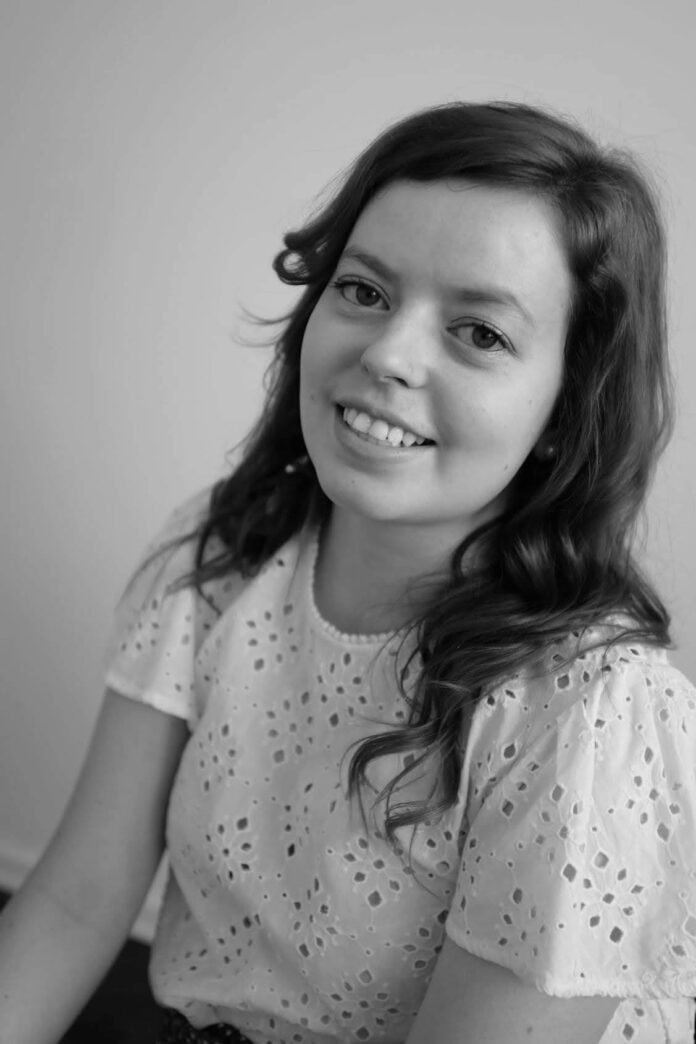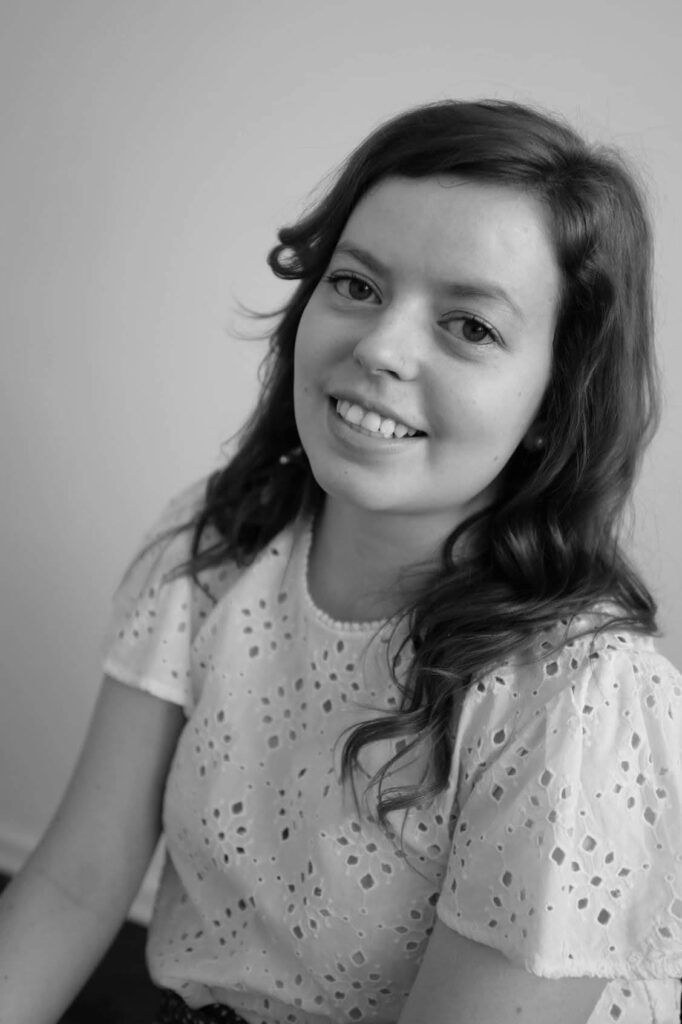
The vulture came first, circling the cloud-thirsty sky. The sun was barely up, but sweat trickled down Bontle’s back as she started up the bakkie and drove out to the crops. The truck sputtered and spat like an irate old man, kicking up red dust, and Bontle knew it would run out of petrol soon.
Last year, Sandile rigged up the engine to run partly on solar power, which made a tank of petrol last far longer. Still, it wouldn’t last forever. The station in Welkom hadn’t had petrol for two months now, and the owner just kept repeating that he didn’t know when he’d have more.
Bontle drove past the rows of cacti, motionless sentries in the morning light, and towards the pallid yellow maize stalks. That was when she spotted the vulture, a grey smudge against the blue.
She hadn’t seen such a big bird in decades. She thought they’d all died out, along with everything else. Much of the earth here was arid, lifeless, cured like the skins of dead animals by decades of near-continuous drought. Almost the only plants that persisted were the cacti. Year by year, the rows of maize diminished and the cacti expanded. They had no choice. It was too costly to keep growing only the water-greedy maize. Yes, it had rained three times in the last two months, the most rain in more than a decade, but surely this was an anomaly. They couldn’t count on it happening again.
Bontle headed towards where the bird was circling. Navigating the expanse of crops was second nature to her; she’d lived on this farm her entire life, got lost in these fields as a girl, back when it was all maize. A long time ago, back in the 20s,
Bontle’s father bought this land from a white farmer, who shortly after fled the country for Australia. They later heard that he and his family had died in one of the cyclones, the one that practically levelled Melbourne and ironically sent many ex-South Africans back here as refugees.
She turned a corner and spotted her farmworker Xolani in a clearing between two sections of maize, peering down at something. Even from a distance she could see his puzzlement, hands planted on his hips. She got down from the truck. ‘What’s going on?’
He silently shook his head.
Following Xolani’s gaze, she saw a bloody heap of flesh, bone and reddish fur.
Remains of some kind of animal, violently killed.
Bontle sank to her haunches to examine it.
‘What do you think it is?’ Xolani asked. He glanced nervously up at the vulture, then back down again.
Whatever the animal had once been, only its rear half was left. There was a curve of fur that looked like a black-tipped tail. The slender hind legs, splayed limply across the dirt in death, would have been powerful in life.
‘Springhaas,’ Bontle said firmly. Xolani looked surprised at her confidence. She was a little surprised herself. But as she studied the carcass, she had little doubt. She had last seen a springhare as a girl, when she and her father and brothers sometimes went out at night to chase them for sport. When there was still enough life, enough rain, enough grass and bush and veld to do such things.
That was a long time ago. But she was certain.
Xolani, of course, was too young to have ever seen such things.
‘What did this?’ he asked, suddenly looking at the towering maize in fear.
‘I don’t know…’ Bontle wiped sweat from her forehead, equally perplexed.
She instructed Xolani to find an old tarp while she looked for prints. But her and Xolani’s footsteps, as well as the bakkie’s tyres, must have destroyed any intact ones. She cursed herself for her carelessness. She could excuse Xolani, but she should have known better.
She drew the tarp over the springhare, and she and Xolani went about their work, watering the parched maize in precise doses measured to the drop. Then they rigged the dewatering equipment to the cacti. It was gruelling work. The earth grew so hot that it burned Bontle through the soles of her boots. They didn’t have bots to do the work for them, like the bigger farms. The dewatering machinery had to be manually attached to each cactus, then detached and emptied once it was done.
And all the while, the vulture revolved above them, watching.
The sun was low when Bontle arrived back at the house. The front room was a jumble of electrical parts. It looked like Sandile had taken the solar-powered dehumidifier apart. It had been acting up for a while and, unless it rained again soon, they relied on the water it drew from the air to survive. The cactus moisture was too valuable for them to drink; it was sold off and sent to Johannesburg.
In the kitchen, Sandile stood in front of the stove, stirring porridge. ‘Just finishing up.’
Bontle pecked her on the cheek and Sandile wrinkled her nose. ‘Sweaty.’ Bontle nuzzled her ear as Sandile pulled away, laughing and said, ‘I found another fly.’
Sandile pointed to the lifeless insect on the counter. Bontle leaned in closer, frowning. Even in summer, flies had been a rarity for years.
‘Weird, huh?’ Sandile said.
In the bathroom, Bontle found a second fly, drifting in the water bowl. She picked it out, holding it up to the window, then set it gently on the rim of the sink. She splashed cool water onto her face.
Bontle left the bathroom and went to the bookcase in the living room. She ran a finger across the spines until she found her father’s old Sasol First Field Guide to Birds of Prey of Southern Africa. Its spine was coming apart, the pages brittle as autumn leaves. After some searching, she found what she was looking for: the white-backed vulture. She studied the faded drawings. Back when the book was published, this species was already listed as endangered. Yet she’d seen one today.
She put the book aside and retrieved the guide for mammals, finding the entry for springhares. She saw she’d been correct about the dead animal. It was a springhare.
But what had killed it?
Over supper, Bontle told Sandile about the springhaas. ‘We’re going out there. Tonight. Whatever killed it might come back for the rest.’
Bontle parked the bakkie with its rear facing the springhare. The vulture had vanished and, as she lifted the tarp, she was half-afraid the hare would be gone too.
But there it was.
They settled in on the back of the bakkie, the flap lowered so they could lie down and keep watch. Sandile had brought a blanket, but the night was too warm for it.
Bontle lay on her front, watching the shadowy mound in the dark. Sandile was on her back, looking at the stars. She hooked a foot over Bontle’s legs.
‘Do you ever wonder what they’re doing right now, the Mars people?’ she asked.
‘Did you hear? The other day, the first baby was born. The first Mars baby.’
But Bontle was too focused. ‘Shhh. Be quiet, or it won’t come.’
Several hours passed. Nothing came. Beside Bontle, Sandile’s breathing evened out as she fell asleep, and Bontle drew the blanket over her.
She was too alert for sleep. Each time she thought she detected movement, her heart began to pound and she readied her finger on the torch. But each time it was nothing.
More time passed, and the springhare’s carcass remained undisturbed. Bontle finally drifted off, overcome by exhaustion after a day of work in the sun.
A hint of dawn began to tint the air silvery grey. Bontle was half-asleep when a faint rustle in a section of maize tilted her back towards wakefulness. Immediately she was alert.
Something was there, moving. Breathing. Sliding out from between the maize stalks into the open air.
The black triangle of a nose. Then round ears, alert and twitching.
Bontle held her breath.
The head of the leopard appeared. A second later came its spotted body, moving with a silken, almost serpentine, grace.
It made no sound as it approached the springhare, delicately sniffing the carcass. Then it looked up and caught sight of Bontle. She did not blink – she did not dare – as she and the leopard looked at each other in the semi-dark, each wondering at the other’s existence, as if sprung full-blooded from nowhere. Is this how it happened?
Nothing, then all at once a leopard?
The leopard lowered its head, clamped its jaw over the remains of the hare and slid back into the maize, the tip of its tail vanishing last.
Next to Bontle, Sandile murmured in her sleep, curling her warm body into Bontle while, above them, new clouds gently gathered. To the east, the sun broke over the brim of the horizon, spilling gold.

